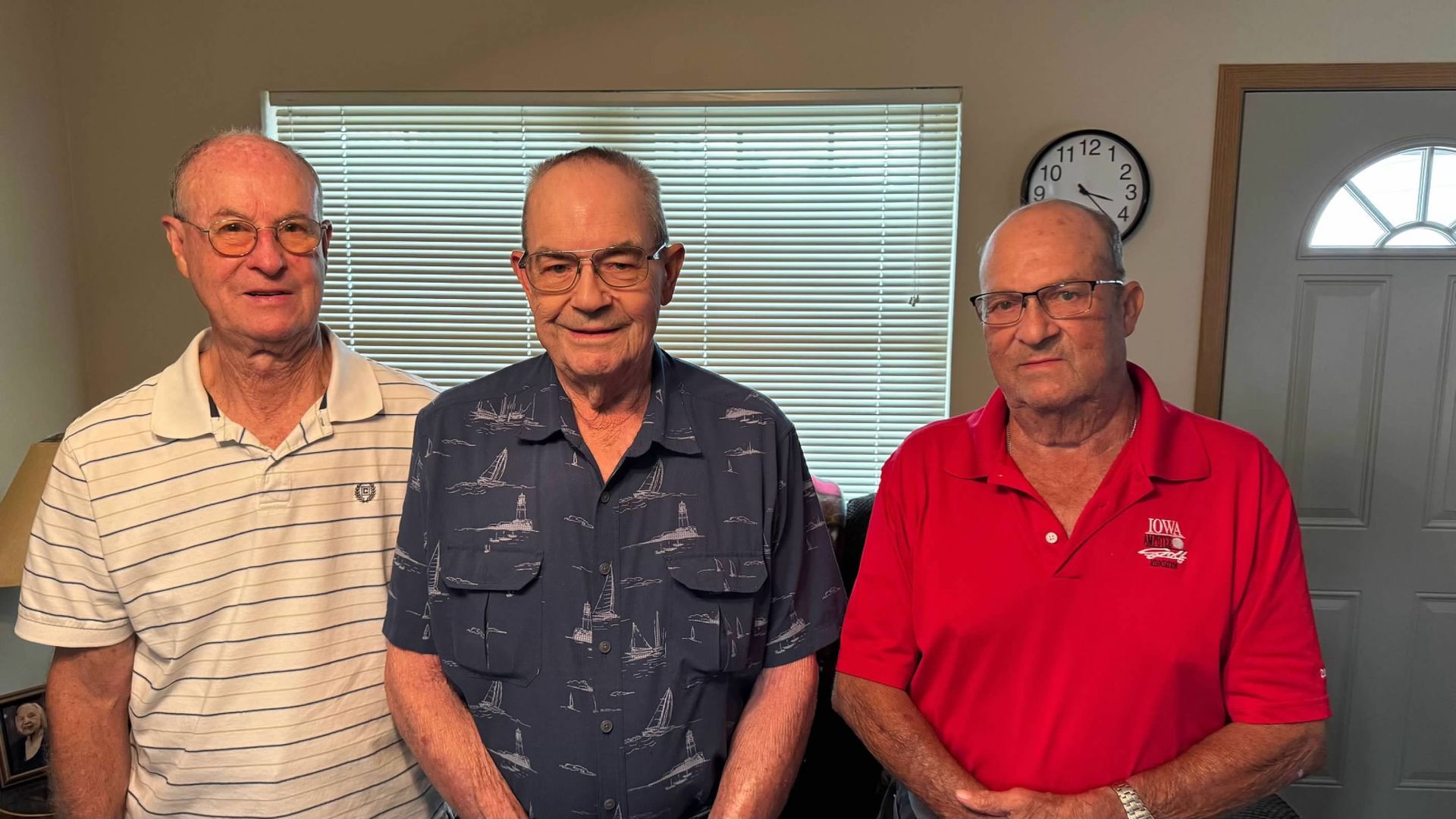How’s the Book Going?
When I finally finished writing Marginal and felt that it was ready to publish, I invited a good friend of mine to breakfast to get his advice. Jeff Beals had written and published two books, one of which I was honored to consult on and edit. Furthermore, he travels the country, speaking on self-marketing. Outside of the publishing industry, there are few people more qualified to advise on the process of publishing and selling books.
Jeff was encouraging, but also very candid in his advice, saying that someone told him when he thought he was ready to publish his first book, “Congratulations on writing a book, but that’s the easy part. It’s much more difficult to get people to buy your book.” Those words have been rattling around in my skull for the two months since I published Marginal.
Initial sales were brisk and encouraging, but have since slowed down significantly. That’s not surprising, since I marketed the book primarily though my social media contacts. There are only so many books that my friends and family can buy. Now, I need to sell books to people who don’t know me or who aren’t connected to me in some other way. That’s where I can use your help.
As uncomfortable as self-promotion is, without a marketing budget behind me, it’s critical that I do it, and again, I need your help. If you have read the book, and you enjoyed it, AND you feel compelled to help, I would really appreciate it. If none of those three factors apply, don’t worry about it. Maybe you’ll like the next one.
Ways that You Can Help
Potential readers are skeptical of first-time novelists, especially if they don’t know the author. That’s why it’s critical that they are assured that the book is worth their time and money. There are three main ways that you can help me gain the credibility I need to sell more books:
Share an image of the book or a link to mitcharnold.com on your social media. In that post, relate how you enjoyed the book and/or why you recommend it. You don’t have to write an all-out review – no one expects you to be a professional book critic. A sentence or two will suffice. The accompanying image will catch more eyes than text, but if you don’t feel comfortable sharing an image, text is just fine.
Write a review on Amazon. Many active readers use Amazon to shop for books, and ratings and reviews matter to this audience. To gain credibility with these people, it’s critical that my Amazon page be active. Currently, I have only one review. I suppose that’s better than a bunch of bad reviews; still, a solo review doesn’t convey much “buzz” for the book. Again, you don’t have to write a high-level review – just a sentence or two about why the book appealed to you. The Amazon page for Marginal is here.
Encourage your friends who are avid readers to give the book a shot. For those of you who are avid readers, if you’re a member of an organization that discusses books, please consider sharing Marginal with them. Even if you’re not an avid reader, but you know someone who might enjoy the book, please recommend my book.
In a perfect world, I’d have a big-name publisher behind me, and they would have a marketing department actively promoting Marginal. That’s not the case here. In the current environment, it’s nearly impossible for a straight, white male with traditional pronouns to get an established publisher interested in reading his first manuscript, so I didn’t even try. Instead, I bet on myself and invested my time and resources in writing and publishing Marginal. Now, I can really use your help to realize my dream of writing a successful book. Thanks for your consideration and for reading this post.

